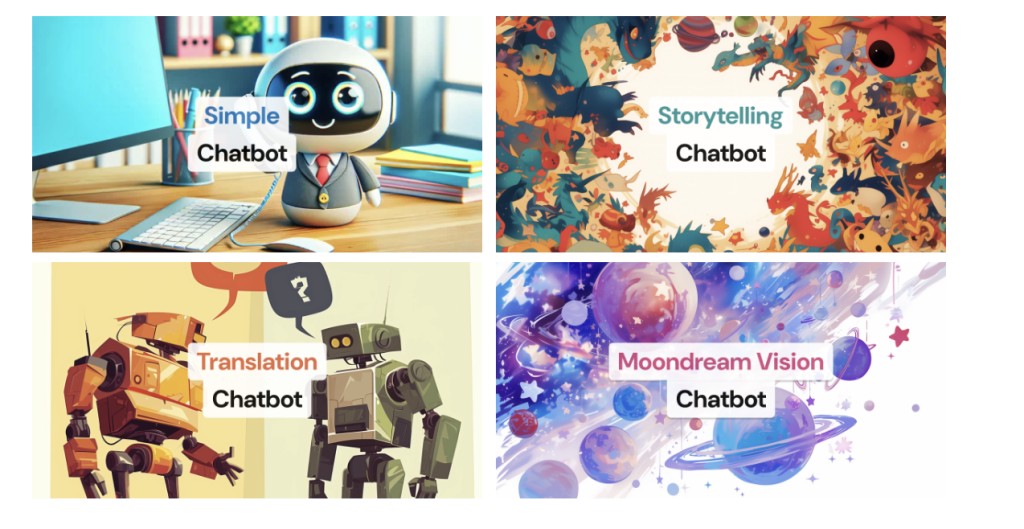Pipecat is a framework designed to simplify the creation of voice and multimodal conversational agents. It can be used to build applications such as personal coaches, meeting assistants, story-telling toys for kids, customer support bots, and social companions. Pipecat allows developers to start small on their local machines and then scale their projects to the cloud when ready, offering flexibility and scalability from the outset.
Despite the benefits of voice agents, developing them is challenging due to the technical expertise required and the complexity of integrating different services and functionalities. Existing tools often demand extensive coding knowledge and time, making them less accessible for many developers.
Pipecat addresses these issues by providing a more straightforward and modular approach. It supports multiple AI services and transport methods, such as WebRTC, for real-time communication. Developers can easily integrate features like telephone numbers, image outputs, and video inputs, making it possible to create customized and scalable voice agents. The framework includes foundational code snippets and complete example applications, which help users get started quickly and build upon their projects incrementally.
One of Pipecat’s strengths is its compatibility with various AI services. For instance, it supports text-to-speech services like ElevenLabs and OpenAI, which enhance the agents’ conversational capabilities. The framework also works with real-time media transport tools such as Daily, ensuring smooth and efficient communication between users and voice agents. Running the script will allow the bot to greet each new participant in a Daily room with a personalized message.
Pipecat’s flexibility is evident in its support for optional dependencies, meaning you only include the components you need for your project. This modular approach helps avoid unnecessary bloat and keeps the setup process simple. For example, if you need enhanced voice activity detection, you can install the Silero VAD service to improve accuracy.
In conclusion, Pipecat is an effective solution for building voice and multimodal conversational agents. Its user-friendly design, support for various AI services, and flexible options make it accessible to novice and experienced developers. Pipecat empowers developers to create innovative and interactive voice applications efficiently by simplifying the development process and offering scalable solutions. Whether starting with a local setup or planning to deploy a complex cloud-based agent, Pipecat provides the tools and support to bring your project to life.
The post Pipecat: An Open Source Framework for Voice and Multimodal Conversational AI appeared first on MarkTechPost.
Source: Read MoreÂ



